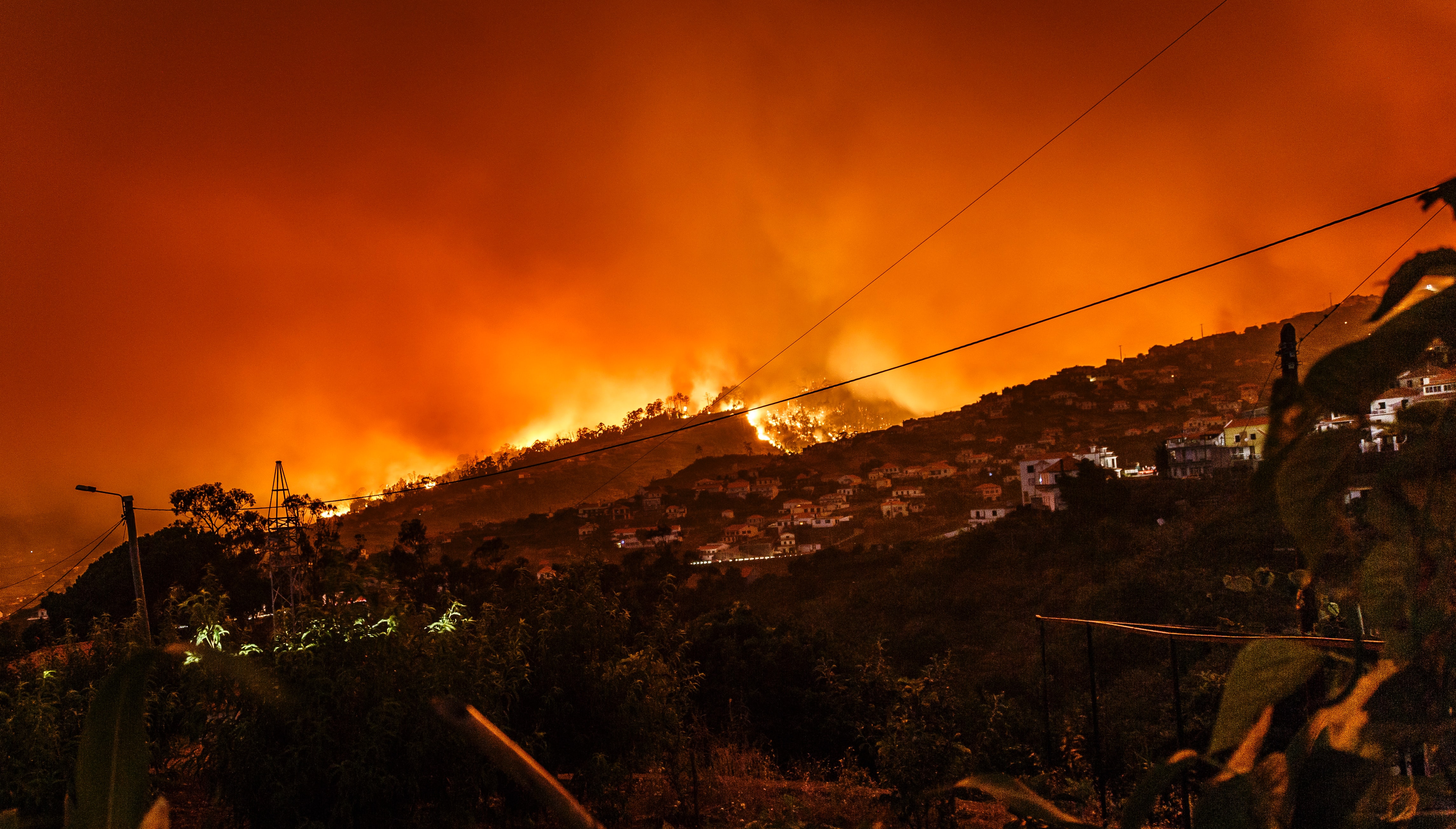About EIHRSDS

Over the last years the impact of disasters triggered by natural and technological hazards has been constantly on the rise, both within and outside the EU. According to the EM-DAT (Emergency Events Database), between 2000 and 2019, more than 1000 disasters have occurred in EU Member States, killing roughly 100.000 people and affecting a total of 4.400.000 individuals.
Looking at this phenomenon through a legal lens, it is widely acknowledged that disasters heavily impact on the rights of the affected communities. Studies show that individual and collective rights deserve enhanced protection in such settings, and that the provision of relief aid is one of the means that States have at their disposal to meet their international obligation to respect and protect human rights. However, the role of human rights is not limited to disaster response, as States have obligations to implement effective disaster prevention and preparedness activities, so as to minimise the harm that hazards might generate. At the same time humanitarian organizations (and the EU itself) insist that human rights principles should be integrated into disaster management policies in order to strengthen prevention, response, and recovery efforts, while increasing the protection of the affected individuals and communities.
These developments notwithstanding, the real impact of human rights standards on disaster prevention and response has been insufficiently explored so far. Even worse, efforts to disseminate human rights standards applicable in disaster settings have been extremely limited, including in Europe.
The module on European and International Human Rights Standards in Disaster Settings (EIHRSDS) aims at addressing these gaps. Its overall objectives are, on one hand, to increase the general awareness on the importance of Human Rights in disaster contexts, while on the other, to ensure that students, researchers and practitioners acquire the level of expertise in universal and European human rights standards needed to shape policies and activities aimed at reducing the risk of natural or human-made disasters, and to enable more effective and human rights-sensitive responses to these phenomena.